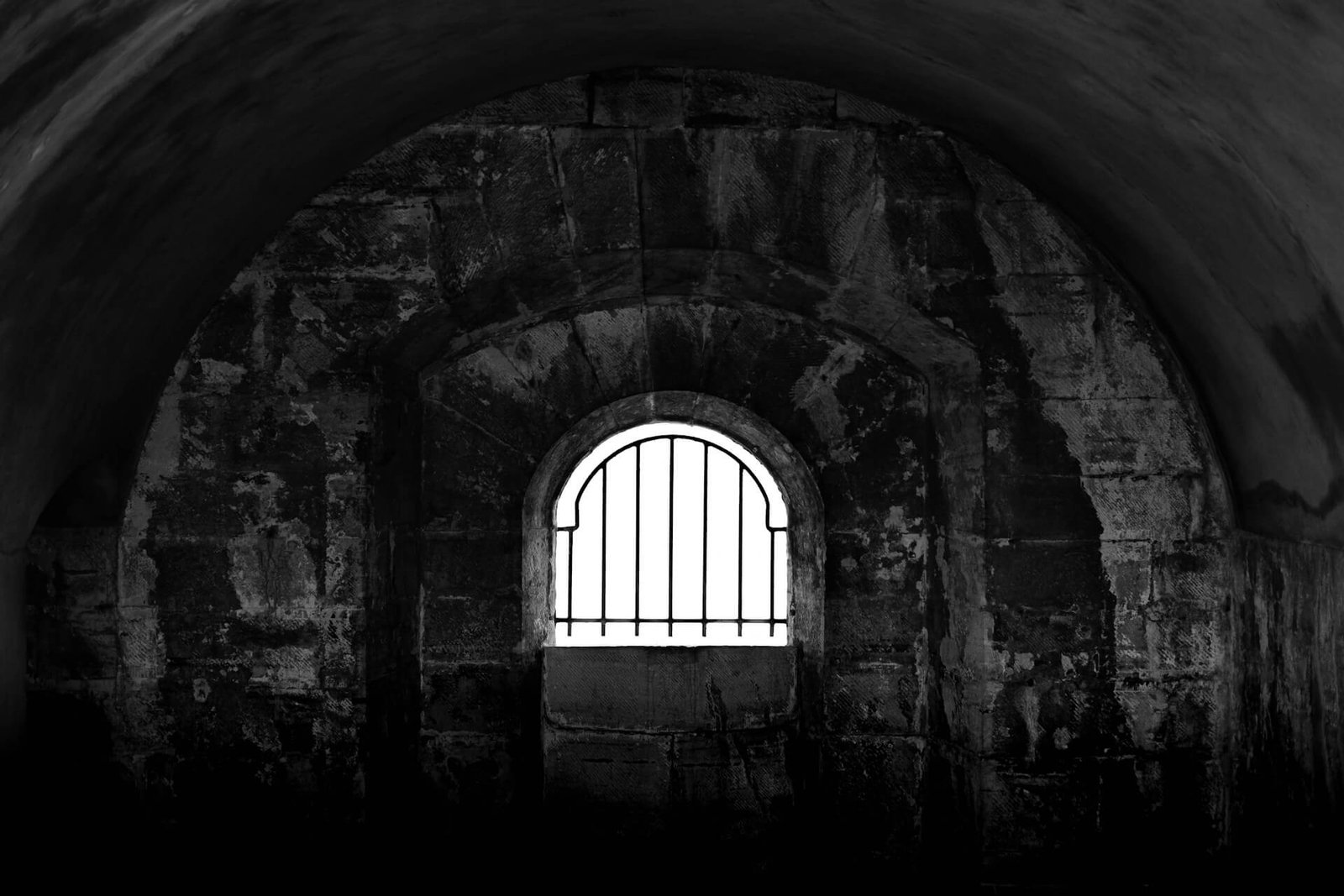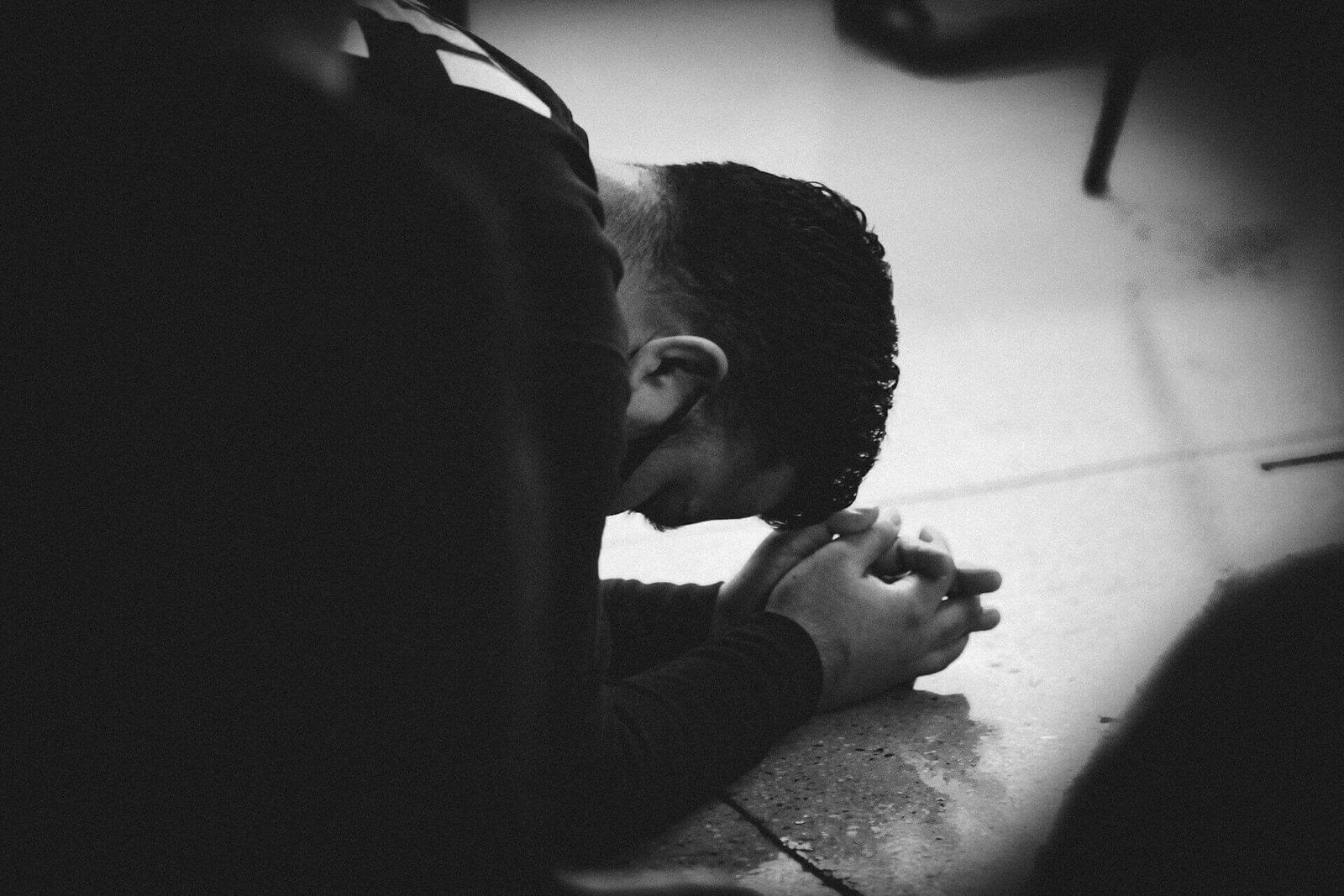Have you ever felt trapped by memories that refuse to fade? Perhaps a betrayal stings like it happened yesterday, or a mistake weighs heavily on your heart. As Christians, the call to forgive is clear, yet the journey to forgiveness often feels like scaling a mountain. The struggle is universal—holding onto pain binds us to the past, but forgiveness can set us free. In this post, we’ll explore how to forgive, why it matters, and how God’s grace empowers you to let go. With scripture as our guide, let’s discover the liberation that comes when you choose to forgive.
Why Forgiveness Feels So Hard
Forgiveness is tough. When someone hurts you deeply—a friend’s betrayal, a family member’s neglect, or even your own failures—the pain can feel like a permanent resident in your heart. You might wonder, Why should I forgive? They don’t deserve it. This question echoes in every human heart, Christian or not. Yet, the Bible calls us to forgive, not because it’s easy, but because it’s transformative.
The struggle to forgive often stems from our desire for justice. We want wrongs made right. Holding onto anger feels like control, but it’s a chain. Ephesians 4:31-32 urges us, “Get rid of all bitterness, rage and anger… Be kind and compassionate to one another, forgiving each other, just as in Christ God forgave you.” God knows that unforgiveness festers, poisoning our peace. When you forgive, you release the burden, not for their sake, but for yours.
Moreover, unforgiveness traps you in the past. It replays old wounds, stealing joy from today. Jesus taught in Matthew 6:14-15, “If you forgive other people when they sin against you, your heavenly Father will also forgive you.” This isn’t a transaction; it’s a reflection of God’s heart. To forgive is to trust God’s justice and embrace His healing. So, while forgiveness feels hard, it’s the key to freedom.
The Universal Pain of Holding On
Pain is a universal language. Whether it’s a harsh word from a spouse or a childhood wound that still aches, we all know the weight of hurt. As Christians, we’re not immune. You might pray, attend church, and read your Bible, yet still struggle to forgive. That’s okay—God meets you in that struggle.
Consider the story of Joseph in Genesis 37-50. His brothers sold him into slavery, yet years later, he forgave them. When they feared retribution, Joseph said, “You intended to harm me, but God intended it for good” (Genesis 50:20). Joseph’s ability to forgive didn’t erase the pain; it reframed it. He saw God’s hand in his story, which allowed him to release bitterness.
Similarly, your pain has a purpose. Romans 8:28 promises, “In all things God works for the good of those who love him.” When you hold onto unforgiveness, you block God’s redemptive work. But when you forgive, you open the door to healing. Forgiveness doesn’t mean excusing the wrong; it means trusting God to handle it. So, let go of the past and let God write a new chapter.
The Healing Power of Forgiveness
Forgiveness is a balm for the soul. It doesn’t just mend relationships; it restores your heart. When you forgive, you break the cycle of resentment and step into God’s peace. Philippians 4:7 speaks of “the peace of God, which transcends all understanding.” This peace comes when you release the need to punish and embrace the freedom to heal.
Take the parable of the unforgiving servant in Matthew 18:21-35. A servant owed a massive debt, which his master forgave. Yet, he refused to forgive a smaller debt owed to him. The master’s response? “Shouldn’t you have had mercy on your fellow servant just as I had on you?” (Matthew 18:33). The lesson is clear: God’s forgiveness of our sins is the model for how we forgive others. When you forgive, you reflect His mercy.
Furthermore, forgiveness heals you physically and emotionally. Studies show that holding grudges increases stress, anxiety, and even heart disease. In contrast, forgiving lowers blood pressure and boosts mental health. God designed us to forgive because He knows it sets us free. So, choose forgiveness, not because it’s easy, but because it heals.
Read: How to Find Joy and Peace Through Hope in Christ
How to Forgive When It Hurts
So, how do you forgive when the pain runs deep? The process isn’t instant, but it’s possible with God’s help. Here are practical steps, rooted in scripture, to guide you:
1. Acknowledge the Pain
You can’t forgive what you won’t face. Name the hurt. Tell God how it feels. Psalm 62:8 says, “Trust in him at all times, you people; pour out your hearts to him.” When you’re honest with God, He begins to soften your heart. Forgiveness starts with vulnerability.
2. Pray for Strength
Forgiveness is a choice, but it’s powered by God. Ask Him for the grace to forgive. Colossians 3:13 reminds us, “Bear with each other and forgive one another… Forgive as the Lord forgave you.” Prayer aligns your heart with God’s, making forgiveness possible.
3. Release the Debt
To forgive is to cancel a debt. You’re saying, “I no longer hold this against you.” This doesn’t mean reconciliation in every case—sometimes boundaries are necessary—but it means freeing your heart. Jesus’ words on the cross, “Father, forgive them, for they do not know what they are doing” (Luke 23:34), show the power of releasing others to God.
4. Bless, Don’t Curse
Romans 12:14 says, “Bless those who persecute you; bless and do not curse.” Pray for the person who hurt you. Ask God to bless their life. This isn’t easy, but it shifts your perspective. When you bless, you break the hold of bitterness.
5. Repeat as Needed
Forgiveness is often a process. You might need to forgive the same offense multiple times as new layers of pain surface. Each time, you’re choosing freedom. As 1 Peter 5:7 encourages, “Cast all your anxiety on him because he cares for you.” God is with you every step.
Forgiveness Frees You to Live Fully
When you forgive, you don’t just let go of the past—you embrace the future. Unforgiveness keeps you stuck, replaying old scripts. But forgiveness rewrites your story. It’s like shedding a heavy coat in spring; suddenly, you’re free to run.
Consider Corrie ten Boom, a Christian who forgave a Nazi guard after surviving a concentration camp. She wrote, “Forgiveness is the key that unlocks the door of resentment and the handcuffs of hatred.” Her choice to forgive didn’t undo the horror, but it freed her to live with joy. Likewise, when you forgive, you reclaim your life.
John 10:10 declares, “I have come that they may have life, and have it to the full.” God wants you to live abundantly, not shackled to pain. Forgiveness is the path to that abundant life. It’s not about denying justice; it’s about trusting God to be the judge. When you forgive, you step into the freedom Christ died to give you.

God’s Forgiveness Empowers Yours
The ultimate reason Christians can forgive is because God first forgave us. Psalm 103:12 says, “As far as the east is from the west, so far has he removed our transgressions from us.” God’s forgiveness is lavish, complete, and undeserved. When you grasp this, forgiving others becomes possible.
Think of the woman caught in adultery in John 8:1-11. The crowd wanted to stone her, but Jesus said, “Let any one of you who is without sin be the first to throw a stone.” One by one, they left. Then Jesus told her, “Neither do I condemn you… Go now and leave your life of sin.” His forgiveness didn’t condone her sin; it freed her to live differently.
In the same way, God’s forgiveness frees you. You don’t forgive because others deserve it; you forgive because you’ve been forgiven. This truth anchors your heart, giving you the courage to let go. So, rest in God’s grace, and let it flow through you to others.
Overcoming Obstacles to Forgiveness
Even with the best intentions, obstacles can block forgiveness. Let’s address a few common ones:
“They Haven’t Apologized”
Forgiveness doesn’t require an apology. Jesus forgave those who crucified Him while they mocked Him. You forgive for your freedom, not their remorse. Trust God to deal with their heart.
“I Can’t Forget”
Forgiveness isn’t forgetting; it’s choosing not to hold the offense against them. Memories may linger, but their power fades as you forgive. Hebrews 12:15 warns, “See to it that no bitter root grows up to cause trouble.” Forgiveness uproots bitterness.
“It’s Too Painful”
Some wounds—like abuse or betrayal—feel unforgivable. In these cases, forgiveness is a journey. Seek God’s strength and, if needed, a trusted counselor or pastor. God doesn’t rush you; He walks with you.
“I Don’t Feel Like Forgiving”
Feelings follow choices. Choose to forgive, even when emotions lag. Over time, your heart catches up. As Galatians 5:16 says, “Walk by the Spirit,” and let God guide your steps.
The Ripple Effect of Forgiveness
Forgiveness doesn’t just free you; it impacts others. When you forgive, you model God’s love. Your choice can inspire others to forgive, creating a ripple effect. Imagine a family healed because one person chose to forgive. Or a church united because members let go of grudges.
In Matthew 5:16, Jesus says, “Let your light shine before others, that they may see your good deeds and glorify your Father in heaven.” Forgiveness is a good deed that shines brightly. It testifies to God’s power and draws others to Him. So, forgive, not just for yourself, but for the world watching.
Embrace Forgiveness Today
Are you ready to let go of the past? Forgiveness is a gift you give yourself—a key that unlocks freedom. It’s not easy, but it’s worth it. God doesn’t ask you to forgive in your strength; He offers His. Isaiah 40:31 promises, “Those who hope in the Lord will renew their strength.” Lean on Him, and forgive.
Start small. Pick one hurt. Pray, “God, I choose to forgive this person. Help me release this pain.” Then, take it one day at a time. As you forgive, you’ll feel the chains fall. You’ll breathe lighter. You’ll live freer. That’s the power of forgiveness.

Conclusion: Forgiveness Sets You Free
Forgiveness is more than a command; it’s a promise. When you forgive, you break free from the past and step into God’s purpose for your life. The journey may be hard, but God is with you. His forgiveness empowers yours, His grace sustains you, and His love sets you free.
So, don’t stay stuck in the past. Choose to forgive. Let go of bitterness and embrace the abundant life Christ offers. As you do, you’ll discover that forgiveness isn’t just an act—it’s a lifestyle that reflects God’s heart and sets you free.
Let’s Pray
Heavenly Father, You forgave us through Your Son’s sacrifice, and we long to reflect Your love. Help us forgive those who’ve hurt us. Soften our hearts, heal our wounds, and give us strength to let go. May Your peace fill us as we trust You with our pain. In Jesus’ name, Amen.





